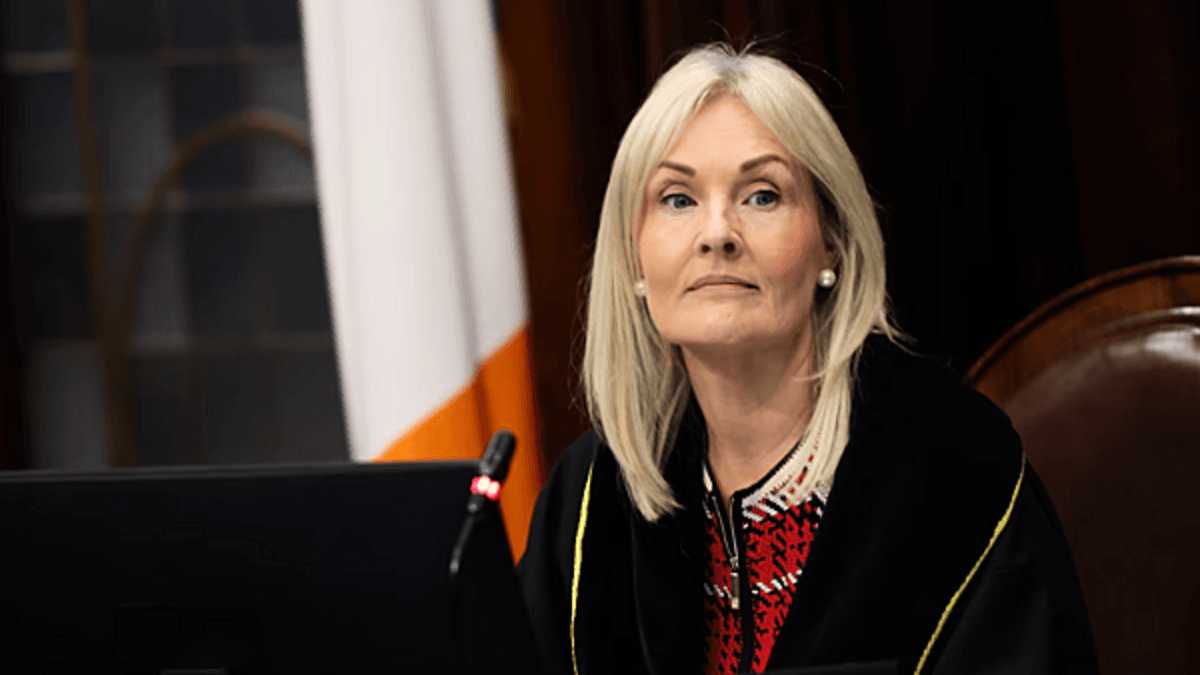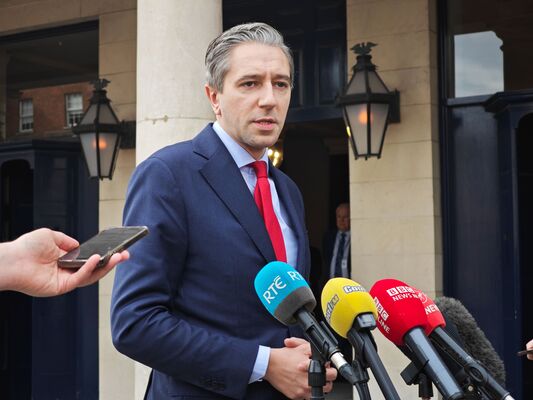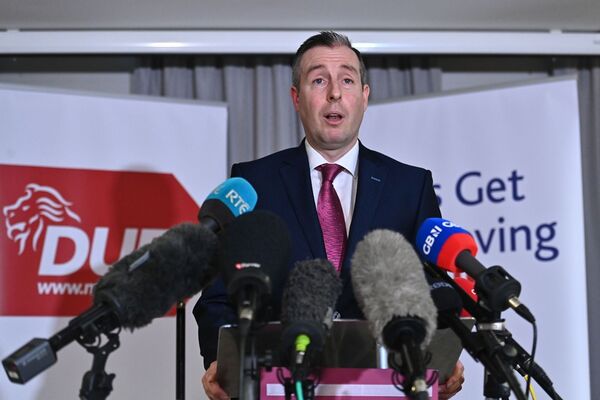IS it sour grapes?
Sinn Féin and the smaller opposition parties in Dublin have been raising merry hell lately in the Dáil, claiming that speaking rights for the Regional Independent group of TDs is a ruse whereby these TDs, while part of the government, pretend to cross-examine that same government.
"They cannot operate as an opposition group after agreeing the Programme for Government. That is the principle," Duncan Smith of the Labour Party said.
The Dublin government after negotiations offered to protect the speaking time of opposition TDs, but that wasn’t what the problem was. “They haven't offered any compromise because they are still talking about Michael Lowry and his team being in opposition even though they negotiated a Programme for Government," Sinn Féin’s Aengus Ó Snodaigh said.
So is it sour grapes or not?
Let’s look at how parties must feel when they don’t win enough seats to form a government. A bit sick, I’d suggest. All that shoe-leather wasted, going from door to door, hoping to get more seats. In vain. The government smilingly grabs the levers of power and governs, leaving the opposition fuming on the sidelines.
Except that’s not really what it’s like. The opposition are as vital to the functioning of the Dail as the government. The opposition must keep a check on government, hold them accountable, present alternative views on the issue of the day – housing, health, infrastructure, whatever. If left to themselves, governments tend to seek more power and the health of democratic politics is put at risk.
So there really is a difference between sour grapes and strong opposition. An opposition that’s doing its job not only criticises but offers what it sees as better alternatives. In this way, flaws in government strategy can be exposed and better routes revealed.
A healthy opposition will also attend to the welfare of minority groups.
Not everyone voted for the ruling parties; it’s the job of opposition to make sure the non-government voices are heard. We live in a pluralistic society and part of the opposition’s role is to see to it that the needs and interests of minorities are heard.
All politics is local and local interests need to be guarded. Michael Lowry is the supreme example of that, despite the fact that the 1997 Moriarty Tribunal concluded that as Minister for Communications he had an “insidious and pervasive” influence over the awarding of a mobile phone licence to billionaire Denis O’Brien’s Esat Digifone.
All this, not surprisingly, sticks in the craw of the opposition parties. The people of Tipperary are able to overlook Lowry’s shady past and have for several decades sent him back to the Dail. It’d be fair to say that pretty well all of the Republic’s other TDs, including those in Fianna Fáil, have had to swallow whatever principles they have and welcome Lowry on board the good ship Government. In fact, it was Lowry who led the Independents in their negotiations with the Dublin government over the past month or so. For him to now claim that he and the other Independent TDs have a role to play in opposition flies in the face of reason.
Mercifully, Sinn Féin along with Labour and the Social Democrats dug in their heels over this matter in the Dail last week, and may do an encore this week. It’s good to hear the fractured parties of the left speak with one voice about government efforts to hoodwink. But what’s even better is that the opposition have discovered how strong they are when they act together.
Because it’s working. The Ceann Comhairle, Verona Murphy, on Monday said legal advice tells her Lowry and his chums are supporters of the government and they can’t do a double-think and maintain they’re not.
Micheál Murphy last week declared the stand of the opposition “an assault on the Constitution”. I wonder what he’ll call Verona Murphy’s ruling.








